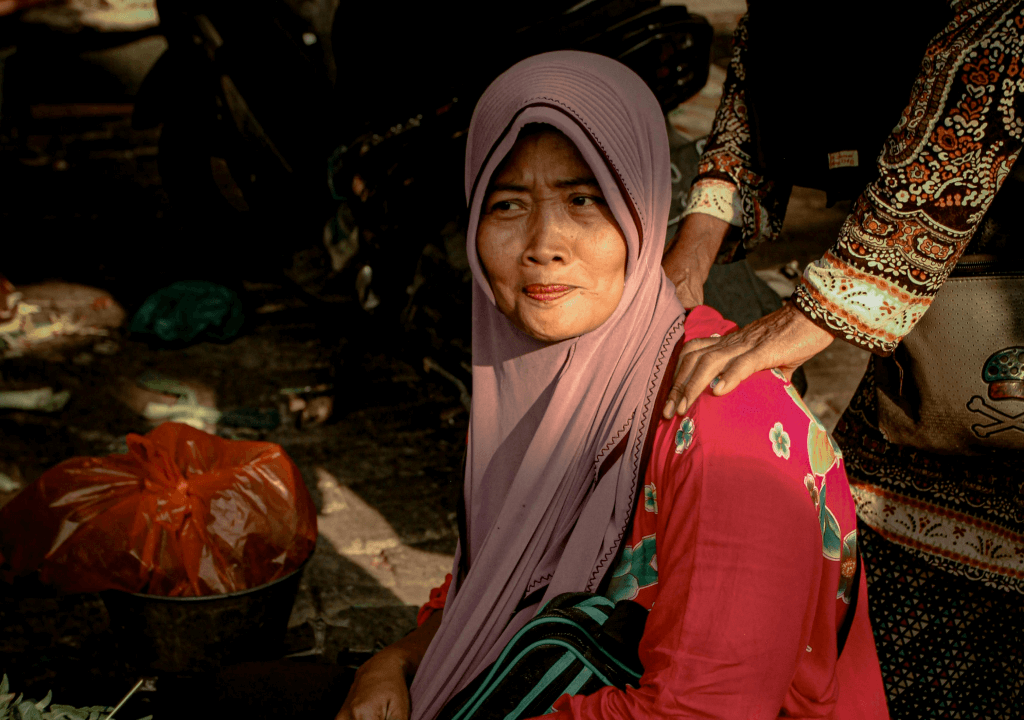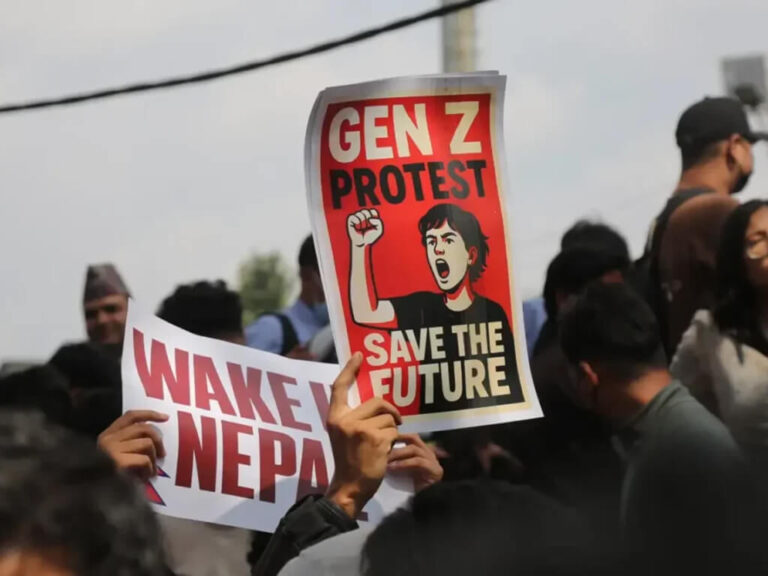Islamists around the globe are vehemently criticizing Saudi Arabia and the Gulf states for current deviation from Islamic rulings and traditions. As the birthplace and home to sacred sites such as Mecca and Medina, Saudi Arabia was traditionally regarded as the leader of global Islam, especially after the Ottoman Empire. However, a noticeable shift has occurred as these nations, driven by economic prosperity and a desire to adopt modern European standards, have chosen to dilute Sharia laws. This includes an increased emphasis on women’s rights and limiting the application of laws exclusively to Muslim followers. These countries now actively host events such as music festivals, cinema, and participate in global fashion festivals, leading to widespread criticism within the Islamic world.
At the same time, some nations, which adopted secularism before are witnessing a resurgence of interest in fundamentalism, with Indonesia, the most populous Muslim country, notably among them. Remarkably, Indonesia has a province that operates entirely under the Islamic Sharia system, a legal code often deemed tribal, anti-feminine, and contrary to human rights by modern societies.
Aceh, situated as the westernmost province of Indonesia, holds a unique position on the northern tip of Sumatra island, with its capital and largest city being Banda Aceh. Bounded by the Indian Ocean to the west and the Strait of Malacca to the northeast, Aceh shares land borders with North Sumatra to the east, while its maritime boundaries extend to Malaysia and Thailand in the east and the Andaman and Nicobar Islands of India to the north. Distinguished by a special autonomous status, Aceh stands out as a region adhering to a conservative religious ideology, being the sole Indonesian province to officially implement Sharia law.
The roots of Islam in Indonesia trace back to Aceh, marking its significance as the birthplace of the spread of Islam in the archipelago. Around 1250 AD, Islam reached Aceh through the Kingdoms of Fansur and Lamuri, playing a pivotal role in the propagation of Islam across Southeast Asia. By the early 17th century, the Sultanate of Aceh had emerged as the most affluent, influential, and cultured state in the Malacca Straits region. The province boasts a historical narrative of political independence and a persistent resistance against external dominance, be it from Dutch colonizers in the past or, more recently, the Indonesian government.
Aceh holds the distinction of being the solitary part of Indonesia, the world’s most populous Muslim country, to enforce Sharia law in its criminal justice system. Initially confined to matters of marriage, divorce, and inheritance, the jurisdiction of Islamic courts expanded to encompass criminal cases after the passage of special autonomy legislation in 2001. Canings serve as a punitive measure for offenses such as being alone with an unrelated member of the opposite gender and engaging in gambling. Notably, in 2014, the provincial government extended the reach of Sharia law to non-Muslims involved in offenses with a Muslim party. Non-Muslims, found in violation of the secular criminal code, can now opt for punishment under either the national criminal code (KUHP) or Aceh provincial Sharia Law. This unique legal landscape reflects the intricate interplay between religious principles and the broader legal framework in Aceh.
Amidst stringent Islamic laws, a recent report from the Jakarta-based think tank SETARA Institute sheds light on the concerning state of tolerance in Aceh province. The Tolerant City Index 2023, an annual assessment of 94 Indonesian cities, reveals that Lhokseumawe, Sabang, and the provincial capital Banda Aceh are among the least tolerant places in the nation. The evaluation takes into account various factors, including local laws, social regulations, government actions, and socio-religious demographics.
Halili Hasan, the Executive Director of SETARA Institute, attributes the cities’ low tolerance ranking to what he perceives as a lack of commitment from the government to promote tolerance. This deficiency, according to Hasan, results in discrimination against minority groups based on factors such as religion, gender, and race, presenting a deeply rooted issue that poses a significant challenge to the region.
SETARA’s report sheds light on governmental and social regulations in Aceh that allegedly favor Muslims while discriminating against religious minorities. The increasing strictness on religious attire in schools and government offices, heightened obligations for religious services, and hindrances to economic activities during Ramadan are cited as examples. The report concludes that these conditions do not support the creation of a tolerant ecosystem in the region.
The recurring placement of Aceh at the bottom of tolerance rankings underscores the ongoing challenges faced by the province in fostering inclusivity and religious harmony. The report serves as a call to action for increased government commitment to address these issues and build a more tolerant society in Aceh.
The closure of churches in Aceh has sparked controversy, with the official justification citing the lack of appropriate permits. Governor Zaini Abdullah and Indonesian Home Affairs Minister Gamawan Fauzi, both in support of this action, maintained that the closures were legally warranted. Similar incidents had occurred in April 2012 in the Singkil regency, prompting concerns among Christians. In 2015, an escalation resulted in a church being burned down and another attacked, leading President Joko Widodo to appeal for calm.
Historically, Aceh has been a gateway for various religions including Hinduism, Buddhism, and Islam. The current trajectory of increased Sharia law implementation and Islamization in Aceh may shape the future of Indonesia. This shift has broader implications, potentially influencing other Indonesian provinces with significant minority populations. Jakarta and other states are already witnessing signs of fundamentalism, raising concerns about internal conflicts within Indonesia.
Interestingly, while countries like Saudi Arabia regulate Sharia to accommodate tourism and hospitality, secular nations in the tourism and hospitality industry, such as Indonesia, are adopting Sharia to establish distinct boundaries from external influences. This complex interplay of religion, governance, and cultural identity adds a layer of intricacy to the evolving landscape of Aceh and its potential impact on the broader Indonesian context.








